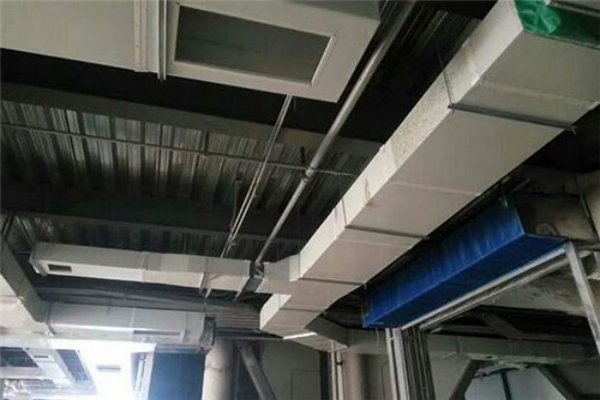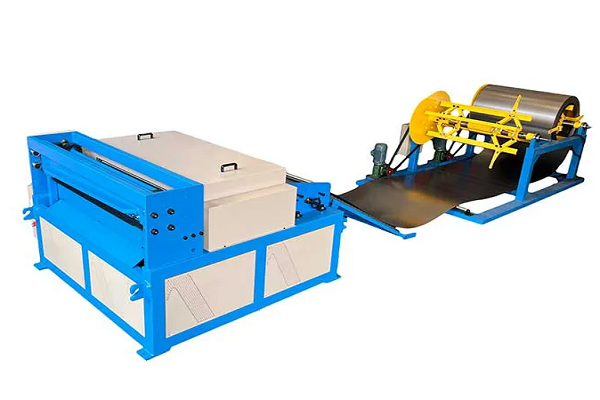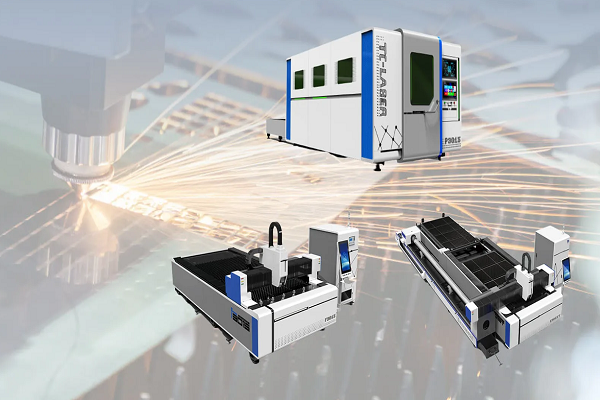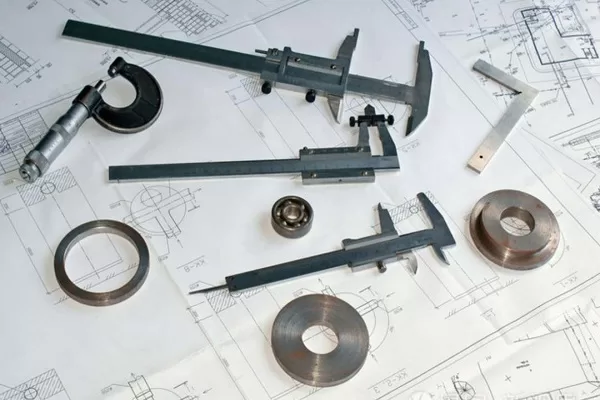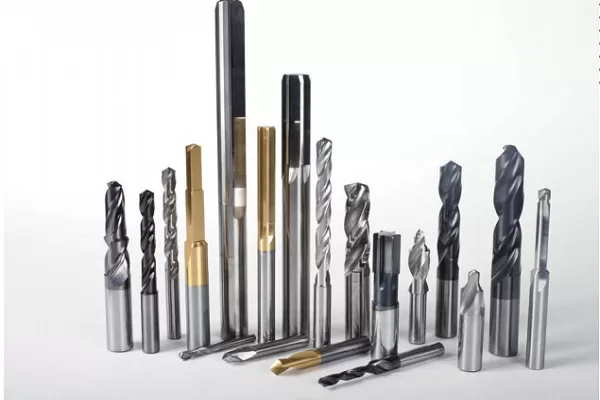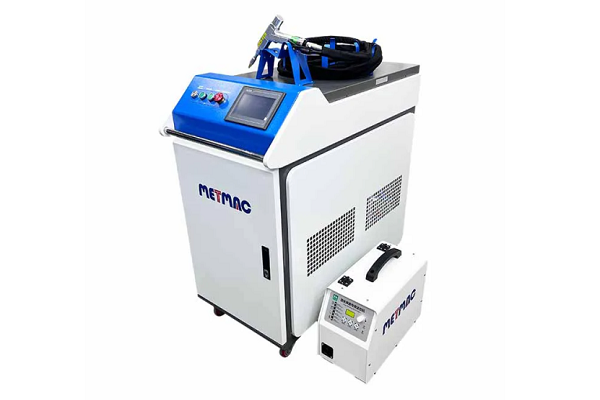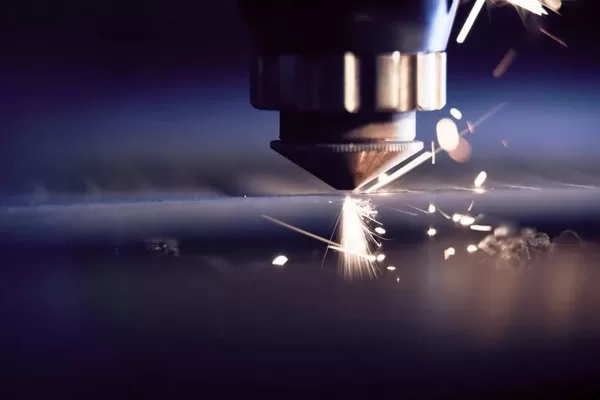
Using Steel Sheet Forming Machines for Structural Applications
- By:Metmac
- 2024-07-02
- 9
Introduction
Steel sheet forming machines play a crucial role in the construction industry by shaping sheet metal into various structural components. These machines have revolutionized the way buildings and infrastructure are engineered and constructed, offering numerous advantages and enabling the creation of complex and durable structures.
Advantages of Steel Sheet Forming Machines
Enhanced Structural Strength: Steel sheets are inherently strong and durable, making them ideal for structural applications. Forming machines allow for precise shaping of sheet metal, resulting in accurate dimensions and consistent mechanical properties, enhancing the overall structural integrity.
Cost-Effective Construction: Steel sheet forming machines provide an efficient and cost-effective alternative to traditional construction methods. Pre-formed steel components reduce on-site labor and assembly time, minimizing construction costs and expediting project timelines.
Design Flexibility: Forming machines enable architects and engineers to create complex shapes and geometries, allowing for greater design flexibility. This facilitates the development of innovative and eye-catching structures that meet specific aesthetic and functional requirements.
Applications of Steel Sheet Forming Machines
Building Facades: Steel sheet forming machines are widely used in the fabrication of building facades, including curtain walls, cladding panels, and decorative elements. The ability to form intricate patterns and shapes enhances the aesthetic appeal and visual impact of buildings.
Structural Framing: Steel sheet forming machines produce structural members such as beams, columns, and trusses. These components are used in the construction of warehouses, factories, and industrial facilities, providing superior strength-to-weight ratios and resistance to bending and buckling.
Bridge Construction: Sheet metal forming plays a vital role in bridge construction, particularly in the fabrication of bridge decks and parapets. Formed steel components offer durability, corrosion resistance, and lightweight design, meeting the demands of heavy traffic and harsh environments.
Technical Considerations
Material Selection: The choice of steel sheet grade is crucial for structural applications, as it directly affects the strength, formability, and corrosion resistance of the components. Commonly used grades include mild steel, high-strength steel, and stainless steel.
Forming Techniques: Various forming techniques are employed, such as rolling, bending, pressing, and deep drawing. The choice of technique depends on the desired shape, material thickness, and production volume.
Quality Control: Rigorous quality control measures are essential to ensure the structural integrity and reliability of formed components. Dimensional accuracy, surface finish, and mechanical properties are carefully checked to meet engineering specifications.
Conclusion
Steel sheet forming machines have transformed the structural applications industry, offering a wide range of benefits. Their ability to create complex and durable structures, enhance construction efficiency, and provide design flexibility has made them an indispensable tool for architects, engineers, and contractors alike. As technology continues to advance, the future holds even greater potential for steel sheet forming machines to revolutionize the way buildings and infrastructure are engineered and constructed.
